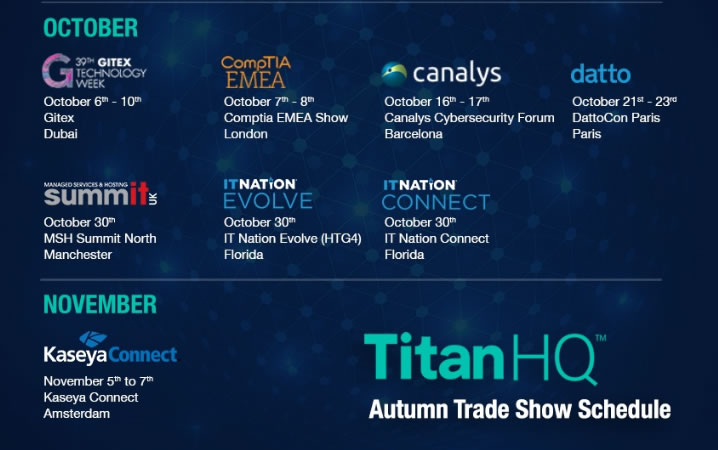Integrated Technology Group, a leading healthcare-industry focused managed service provider (MSP) in the Central Virginia region, has achieved HIPAA compliance with Compliancy Group and has demonstrated its policies and procedures are fully compliant with the HIPAA Privacy, Security, Omnibus, and Breach Notification Rules and the requirements of the HITECH Act.
Integrated Technology Group is primarily focused on providing managed information technology services to private medical practices to help them focus on what they do best – providing care to patients. Initially the company’s main focus was providing break-fix services. Today the company offers a wide range of managed IT services, including helping medical practices with cloud integrations, continuity planning, implementing VOIP solutions, and securing their networks.
Since the provision of those services requires access to systems containing patients’ electronic protected health information, Integrated Technology Group is classed as a business associate under Health Insurance Portability and Accountability Act Rules. Consequently, just like the healthcare clients that the company serves, Integrated Technology Group must also comply with HIPAA Rules. That means implementing safeguards to ensure the confidentiality, integrity, and availability of ePHI and developing, implementing, and maintaining policies and procedures to ensure continued compliance with HIPAA Rules.
Cyberattacks on healthcare organizations are increasing by the day and the HHS’ Office for Civil Rights and state Attorneys General are enforcing compliance with HIPAA Rules much more rigorously. HIPAA compliance has never been more important for healthcare organizations and their business associates.
Integrated Technology Group has always been committed to complying with all aspects of HIPAA Rules and helping its healthcare clients meet their compliance requirements. To demonstrate the company’s commitment to privacy and security and to take its compliance program to the next level, assistance was sought from Compliancy Group.
By undertaking Compliancy Group’s proprietary 6-Stage HIPAA Risk Analysis and remediation process and using Compliancy Group’s proprietary HIPAA compliance tracking software, The Guard®, Integrated Technology Group has demonstrated its compliance program meets the stringent standards of HIPAA and the HITECH Act.
After successful completion of the program, Integrated Technology Group has been awarded Compliancy Group’s HIPAA Seal of Compliance, which demonstrates to healthcare clients that the company can offer an effective, comprehensive compliance solution to medical practices and healthcare organizations of any size or scope.
“Our capacity means your security. Which is why every one of our staff members, from technical staff to marketing personnel, went through extensive, vigorous HIPAA compliance training. The same will be required of each new hire at Integrated Technology Group,” said Paul Meadows, Integrated Technology Group President and CEO.
The post Compliancy Group Confirms Integrated Technology Group is HIPAA Compliant appeared first on HIPAA Journal.

